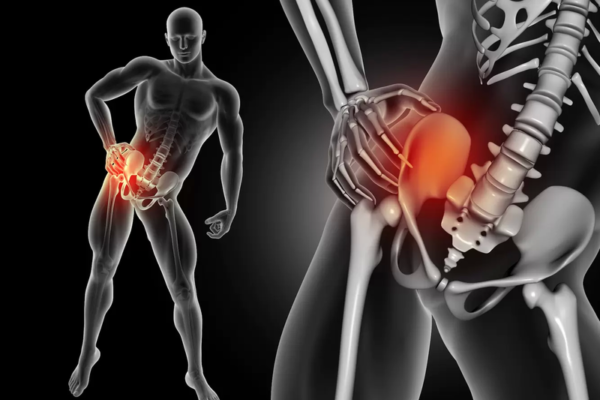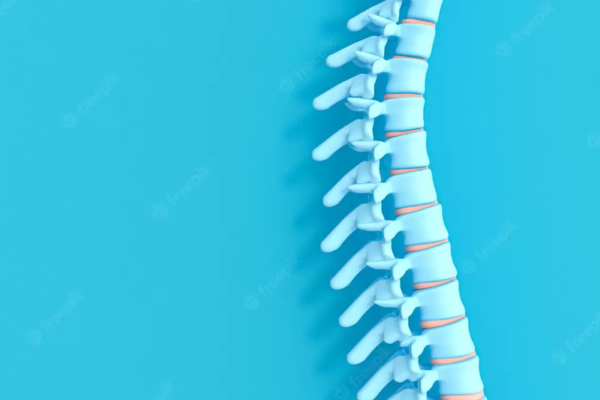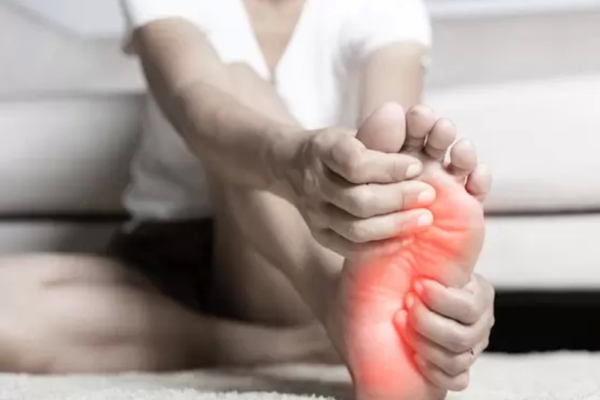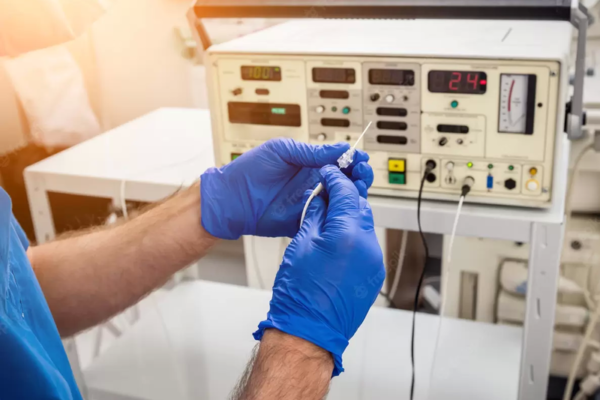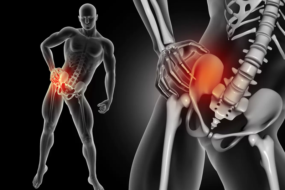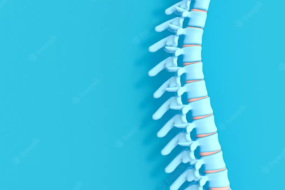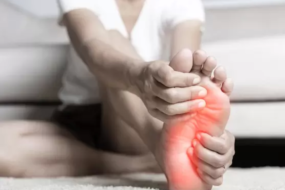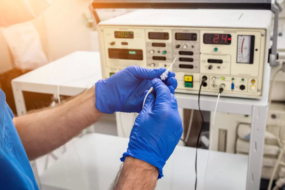Neuropathy is the medical term for nerve dysfunction, a condition that means you feel pain and other unpleasant sensations even when nothing harms you. If you’re experiencing pain that seems to have no cause, it could be a form of neuropathy, which Dr. Andrews, MD, board-certified interventional pain specialist at No Pain, can help with. Dr. Andrews is a leading expert in neuropathy. If you have pain that won’t go away, call today to schedule a consultation or book an appointment online.
Neuropathy
What is neuropathy?
Neuropathy is a condition that causes pain and altered physical sensations because of damage and dysfunction affecting your peripheral nerves. These nerves carry signals to your central nervous system (CNS), which consists of your spinal cord and brain.
Peripheral nerves send information from all over your body. As well as pain, the nerves can send signals that cause feelings such as:
- Burning
- Prickling sensations
- Tingling
- Pins and needles
- Increased sensitivity to touch
- Numbness
The peripheral nerves perform an essential service that keeps you safe and protected. It’s the signals from your peripheral nerves that warn you when you’re too close to a fire, for example, or that you’ve got a thorn in your skin.
Feeling pain or other uncomfortable sensations make you react to remove the source of your discomfort and tend to any damage, thereby keeping you safe. If you have neuropathy, these signals are coming through from your nerves without any reason other than that the nerves are malfunctioning.
What causes neuropathy?
Neuropathy can develop for many reasons. There are a number of diseases that frequently cause neuropathy, such as:
- Celiac disease
- Charcot-Marie-Tooth disease
- Guillain-Barré syndrome
- HIV-associated peripheral sensory neuropathy
- Hormonal disorders
- Kidney failure
- Lupus
- Peripheral nerve injury pain
- Postherpetic neuralgia
- Rheumatoid arthritis
- Trigeminal neuralgia
Neuropathy can develop because of nerve damage and faulty regrowth after a serious illness or injury, and cancer patients may get chemotherapy-induced peripheral neuropathy.
Certain infectious diseases, poisons, nutrient deficiencies, alcoholism, and repetitive stress from your job or sports can all cause neuropathy. If Dr. Andrews can’t find any cause for your condition, it’s termed idiopathic neuropathy.
One of the most common types of neuropathy is diabetic neuropathy. If you have diabetes, diabetic neuropathy is one of the most likely complications. If left untreated, it can lead to ulcers, infections, and possibly amputation.
What treatments are available for neuropathy?
Dr. Andrews treats patients with neuropathy by helping them manage their underlying conditions and stay fit and healthy. He can also help reduce your symptoms using innovative treatments such as laser therapy, regenerative medicine techniques, neuromodulation, and spinal cord stimulation.
To find out more about effective treatments for neuropathy, call No Pain today or book an appointment online.
WHAT WE OFFER
Chronic Pain Conditions and Treatments
-
-
-
-
-
-
-
-
-
-
-
-
-
Migraine
Coming Soon. Learn More.
Did you know that?
Donec sed odio dui. Nulla vitae elit libero, a pharetra augue. Nullam id dolor id nibh ultricies vehicula ut id elit. Integer posuere erat a ante venenatis dapibus posuere velit aliquet.
-
-
-
-
-
-
-
-
-
-
-








